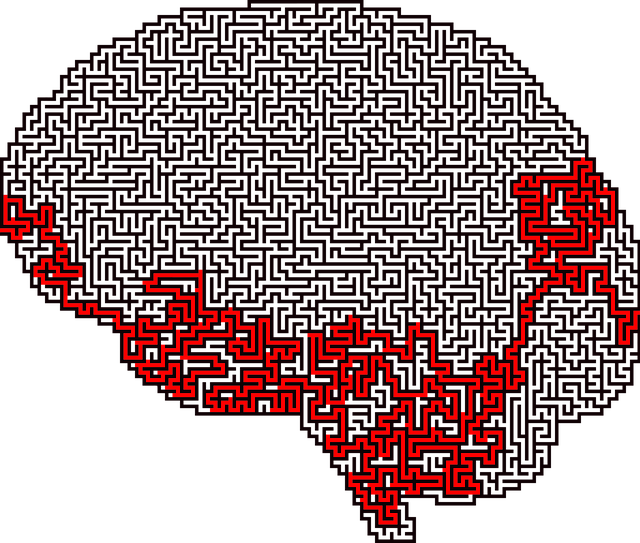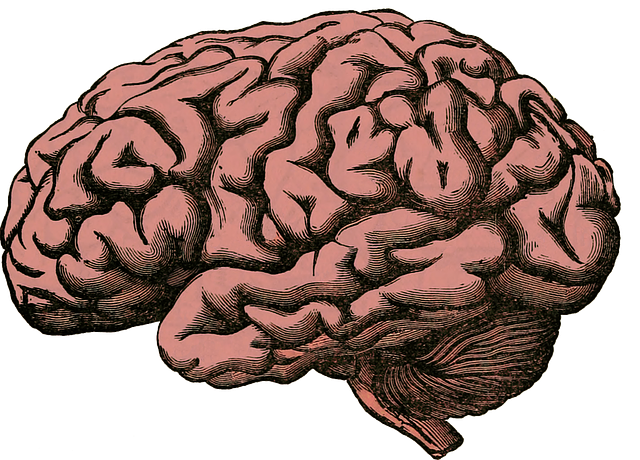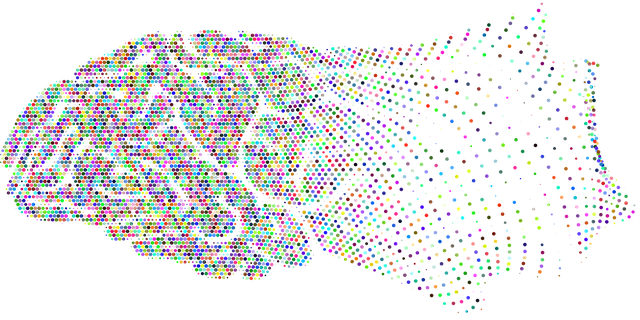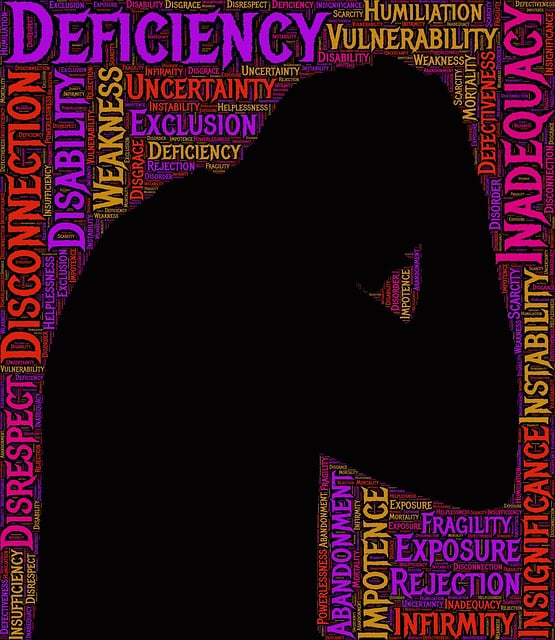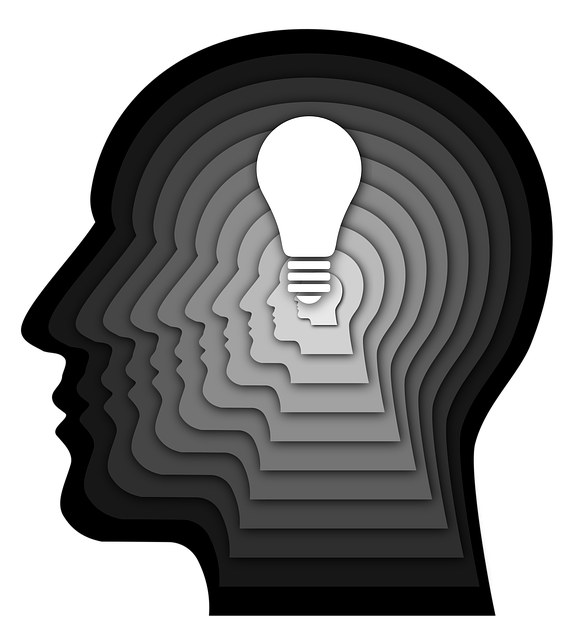Louisville Interpersonal Issues Therapy (LIIT), integrated into a robust mental wellness app, offers accessible, discreet support for stress management and self-care through digital platforms. The app combines professional therapy sessions with features like real-time chat, guided journaling, and mood tracking to holistically address interpersonal issues and promote personal growth. User-centered design, targeting specific challenges in Louisville, and engaging marketing strategies drive its success, empowering individuals to take control of their mental health at their own pace.
“Louisville Interpersonal Issues Therapy (LIIT) offers a proven framework for mental wellness app development, addressing interpersonal challenges that often underlie broader psychological issues. This article explores how app developers can leverage LIIT principles to create effective digital tools. We’ll delve into key features, user experience design, and marketing strategies that enhance engagement while prioritizing user well-being. By integrating LIIT concepts, mental wellness apps have the potential to revolutionize access to support, fostering healthier communities.”
- Understanding Louisville Interpersonal Issues Therapy: A Foundation for App Development
- Key Features and Components of a Mental Wellness App
- User Experience Design Considerations for Optimal Impact
- Marketing and Engagement Strategies for Mental Health Apps
Understanding Louisville Interpersonal Issues Therapy: A Foundation for App Development

Louisville Interpersonal Issues Therapy (LIIT) serves as a foundational approach for developing mental wellness apps, focusing on addressing interpersonal relationships and their impact on mental health. This therapeutic method recognizes that our interactions with others significantly influence our emotional well-being. By understanding these dynamics, app developers can create tools tailored to help users navigate stress management and cultivate self-care practices effectively.
LIIT encourages individuals to explore their personal boundaries, improve communication skills, and resolve conflicts, ultimately leading to better coping mechanisms for stress reduction methods. Incorporating these principles into digital platforms allows for accessible and discreet support, enabling people to take control of their mental health at their own pace.
Key Features and Components of a Mental Wellness App

A comprehensive mental wellness app should offer a multi-faceted approach to support users’ emotional well-being. Key features include access to professional therapists for Louisville interpersonal issues therapy, enabling individuals to seek help for relationship challenges and personal struggles. By integrating real-time chat or video sessions, these apps bridge the gap between traditional therapy and digital accessibility.
Additionally, incorporating tools for resilience building, guided mental wellness journaling exercises, and resources based on mind over matter principles can empower users with coping strategies. These components foster self-reflection, emotional regulation, and personal growth. Customizable tracks tailored to individual needs, along with regular check-ins and progress tracking, ensure users receive personalized guidance throughout their mental wellness journey.
User Experience Design Considerations for Optimal Impact

Creating a mental wellness app requires meticulous User Experience (UX) design to ensure its effectiveness and optimal impact. When developing an application for Louisville Interpersonal Issues Therapy, for instance, understanding user needs is paramount. This involves conducting thorough research to identify common interpersonal challenges faced by individuals in the community and designing intuitive features that cater to their specific requirements. Incorporating elements like personalized therapy sessions, mood tracking tools, and supportive communities can significantly enhance user engagement and satisfaction.
The app’s UX should prioritize building resilience, a key aspect of mental wellness. By providing users with resources for self-care, risk assessment tools for mental health professionals, and community outreach program implementation features, the app becomes a comprehensive support system. These strategies not only help individuals manage their interpersonal issues but also foster a sense of belonging and connection within the digital space, ultimately contributing to improved mental health outcomes.
Marketing and Engagement Strategies for Mental Health Apps

Marketing and engagement strategies for mental health apps are crucial to ensure their success and impact. To attract users, apps should highlight how they address specific interpersonal issues, such as those commonly faced in Louisville, through innovative and accessible therapy methods. Using SEO keywords like “Louisville Interpersonal Issues Therapy” can help potential users discover the app when searching for local support.
Incorporating effective communication strategies within the app itself is also vital. Features that encourage open dialogue, personalized feedback, and community interaction can foster a sense of belonging and accountability. Additionally, integrating Mind Over Matter principles and Stress Reduction Methods into the app’s content not only enhances its therapeutic value but also encourages user engagement by offering practical tools for managing mental health. These strategies collectively contribute to creating a compelling and impactful digital therapy experience.
Louisville Interpersonal Issues Therapy (LIIT) provides a robust foundation for mental wellness app development, focusing on interpersonal relationships as a key aspect of overall well-being. By integrating LIIT principles into app design, developers can create effective tools that cater to modern users’ unique needs. Incorporating essential features like personalized therapy sessions, mood tracking, and community support, along with a user-centric experience, ensures apps resonate with users. Marketing strategies should emphasize the app’s ability to enhance mental health, targeting those seeking LIIT-inspired solutions. With the right approach, mental wellness apps can make a significant impact in today’s digital landscape, offering accessible and tailored support for improved user well-being.
